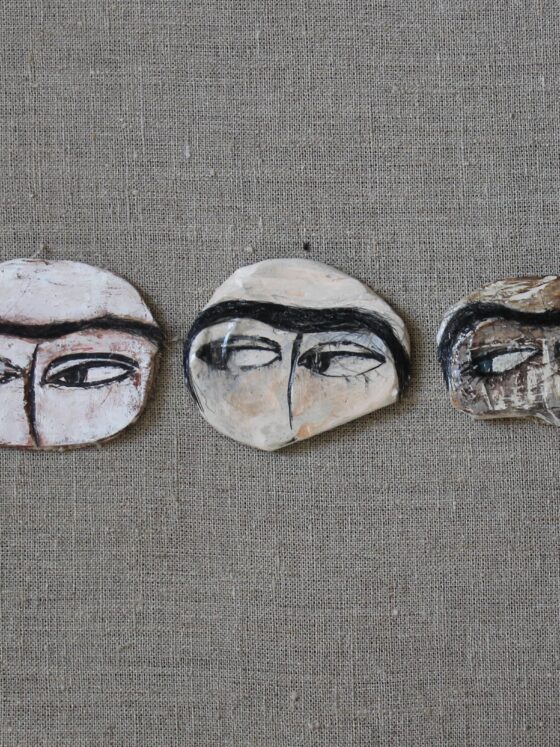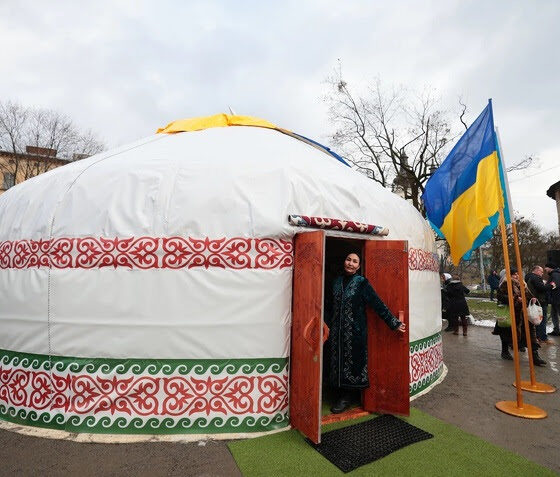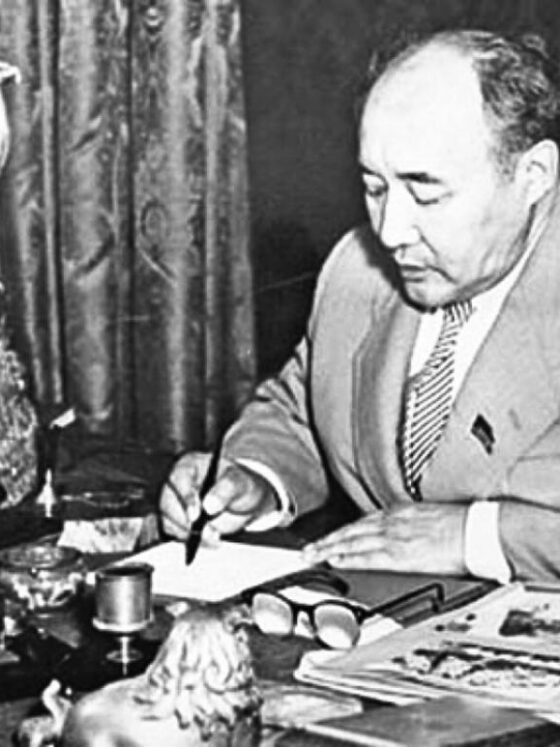July 27, 2021
As Talibans are progressing in retaking control of Afghanistan, Central Asian states and border communities found themselves in a situation of neighboring Taliban-government regions, with potential implications for their own territory. In this recording, we discuss the situation and insights from the field with Mélanie Sadozaï, Jennifer Brick Murtazashvili, Antonio Giustozzi, and Marlene Laruelle.
Speakers
Mélanie Sadozaï is a PhD candidate in International Relations at the Center for Europe and Eurasian Studies (CREE) at the National Institute of Oriental Languages and Civilizations (INALCO/Sorbonne Paris Cité) in Paris, France, and a Visiting Scholar at the Sigur Center for Asian Studies at the George Washington University. Prior to becoming a doctoral student, Mélanie graduated with a B.A. in Persian linguistics and civilizations from INALCO, and two M.A. in International Relations and War Studies from Université Paris 1 Panthéon Sorbonne. Her research is based on long-time fieldwork and focuses on cross-border activities as resources in the remote areas of Tajikistan and Afghanistan in the Pamirs. Through an empirically oriented methodology, she challenges the widespread perception of the Southern border of Tajikistan which associates it with images of violence and danger. Since 2018, Mélanie has presented her research during academic events in France, Ukraine, Kirghizstan and the United States. She has namely published in the Journal of Borderlands Studies and the Journal of Power Institutions in Post-Soviet Societies.
Jennifer Brick Murtazashvili is Associate Professor of International Affairs and Director of the Center for Governance and Markets at the University of Pittsburgh. She is the author of the award-winning book, Informal Order and the State in Afghanistan and her second book, Land, the State, and War: Property Right and Political Order is forthcoming with Cambridge University Press. She has more than twenty years working across the region and has done extensive ethnographic and survey work across both sides of the Afghanistan-Central Asian border.
Dr. Antonio Giustozzi is an independent researcher born in Ravenna, Italy, who took his PhD at the London School of Economics and Political Science (LSE). He is the author of several articles and papers on Afghanistan, as well as of seven books, War, politics and society in Afghanistan, 1978-1992 (Georgetown University Press), Koran, Kalashnikov and laptop: the Neo-Taliban insurgency, 2002-7 (Columbia University Press), Empires of mud: war and warlords in Afghanistan (Columbia University Press), Policing Afghanistan (with M. Ishaqzada, Columbia University Press, 2013), The army of Afghanistan (Hurst, 2016), the Islamic State in Khorasan (Hurst, 2018) and Taliban at war (OUP USA, 2019). He also authored a volume on the role of coercion and violence in state-building, The Art of Coercion (Columbia University Press, 2011), one on advisory missions (Missionaries of modernity, Hurst, 2016) and edited a volume on the Taliban, Decoding the New Taliban (Columbia University Press, 2009), featuring contributions by specialists from different backgrounds. He is currently senior research fellow at RUSI.
Marlene Laruelle, Moderator
Marlene Laruelle, Ph.D., is Director, Institute for European, Russian, and Eurasian Studies; Director, Central Asia Program; Director, Illiberalism Studies Program; Co-Director, PONARS-Eurasia; and Research Professor of International Affairs at George Washington University. Marlene’s research explores the transformations of nationalist and conservative ideologies in Russia, nationhood construction in Central Asia, as well as the development of Russia’s Arctic regions.













